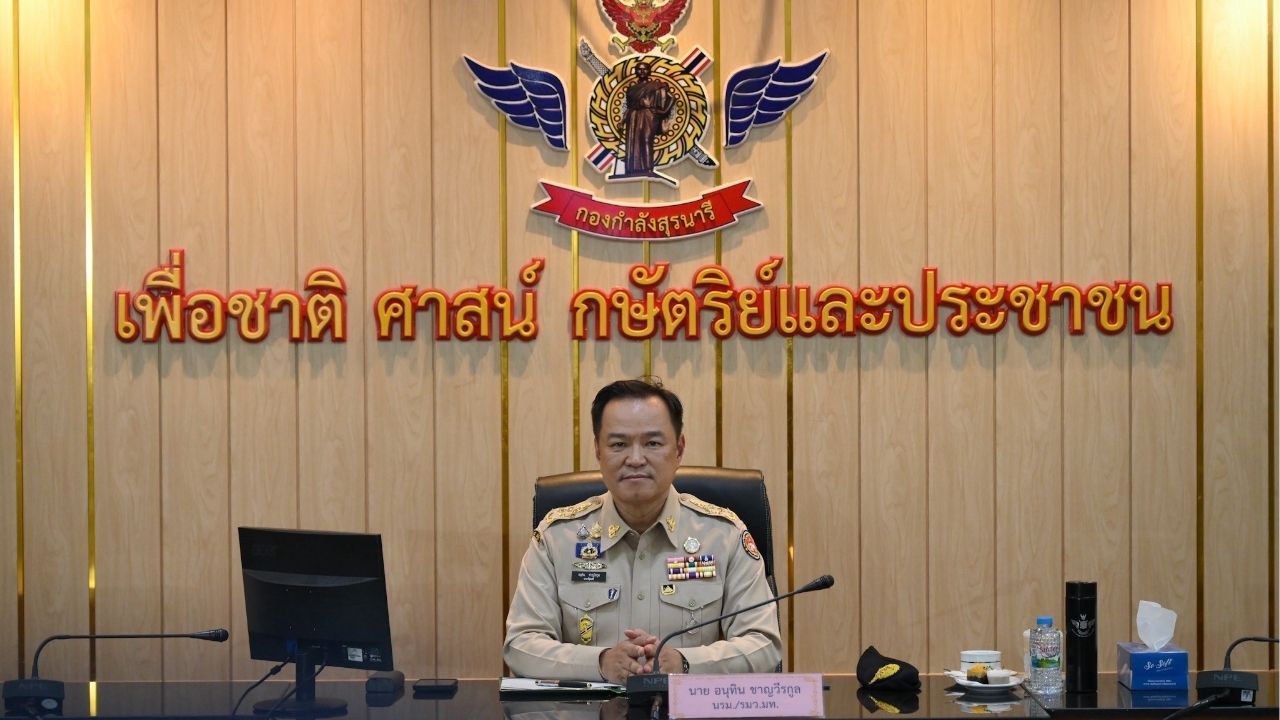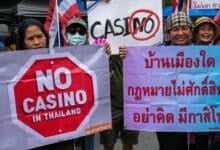Thailand restores Chinese tourist confidence by affirming no-casino stance

The Prime Minister of Thailand, Anutin Charnvirakul, has recently mentioned that the President of China, Xi Jinping, is pleased about Thailand’s decision not to allow regulated gambling in the country. Speaking at Bangkok’s 6 airbase after attending the Asia-Pacific Economic Cooperation meetings that were held in South Korea, Prime Minister Charnvirakul has confirmed that this decision was made with the hopes of aiding the restoration of Chinese tourism in Thailand. This decision comes amidst ongoing scrutiny from Beijing over gambling activities in other countries.
Prime Minister Charnvirakul has confirmed that Thailand’s efforts to increase Chinese tourists’ confidence in coming to Thailand will remain focused on safety, trust, and cultural cooperation. This announcement has been made after months of speculation about whether the Thai government would reinstate plans to explore the possibility of issuing casino licenses for integrated entertainment resorts.

While gambling and activities and casinos are not directly permitted in Thailand, there are still ways that residents, expats, and tourists can play betting games. Many local communities in Thailand run small betting games, while horse betting and playing the lottery are allowed across the country. In addition to these local games, people looking to play betting or casino games in Thailand can still do so via offshore online casinos. An in depth guide to Thai casinos explains how players can play thousands of online casino games that support local payment methods like PromptPay and Thai bank transfers. These online casino platforms often support access through a VPN and feature many safety features, such as no KYC registration and crypto payout support.

A major factor driving the reaffirmation that Thailand will not legalise gambling activities is the pressure being placed on Southeast Asian countries that rely on Chinese tourism by Beijing. Thailand’s decision not to pursue the development of domestic casinos helps to prevent diplomatic friction and reassures Chinese travellers that visiting Thailand will not expose them to any gambling activity.
Despite attempts being made in the past to introduce plans and bills to explore the integration of casinos and gambling activity into entertainment complexes, this idea was quickly shut down after Chinese tourism dropped. Before 2019, Chinese visitors made up most of the Thai tourism, but have steadily declined in recent years. Earlier this year, Former Prime Minister Paetongtarn Shinawatra proposed that gambling laws be reviewed in favour of building trust and confidence with Chinese traveler’s and reviving Chinese tourism.

Even though casinos and gambling activities are not permitted in Thailand, the country remains a top global destination for hospitality and cultural richness. Proponents of the decision not to allow casinos and gambling activities continue to praise the administration’s stance as it not only strengthens Thailand’s relationship with China but also protects the broader tourism sector. Many have stated that the introduction of casinos and gambling can attract the wrong types to the country, and building casinos might spoil the country’s natural landscape. Given the risk of damaging relations with China, Thailand’s Prime Minister says the country will remain resolute in its stance against introducing gambling and casinos into the country’s entertainment economy.
Latest Thailand News
Follow The Thaiger on Google News:


























